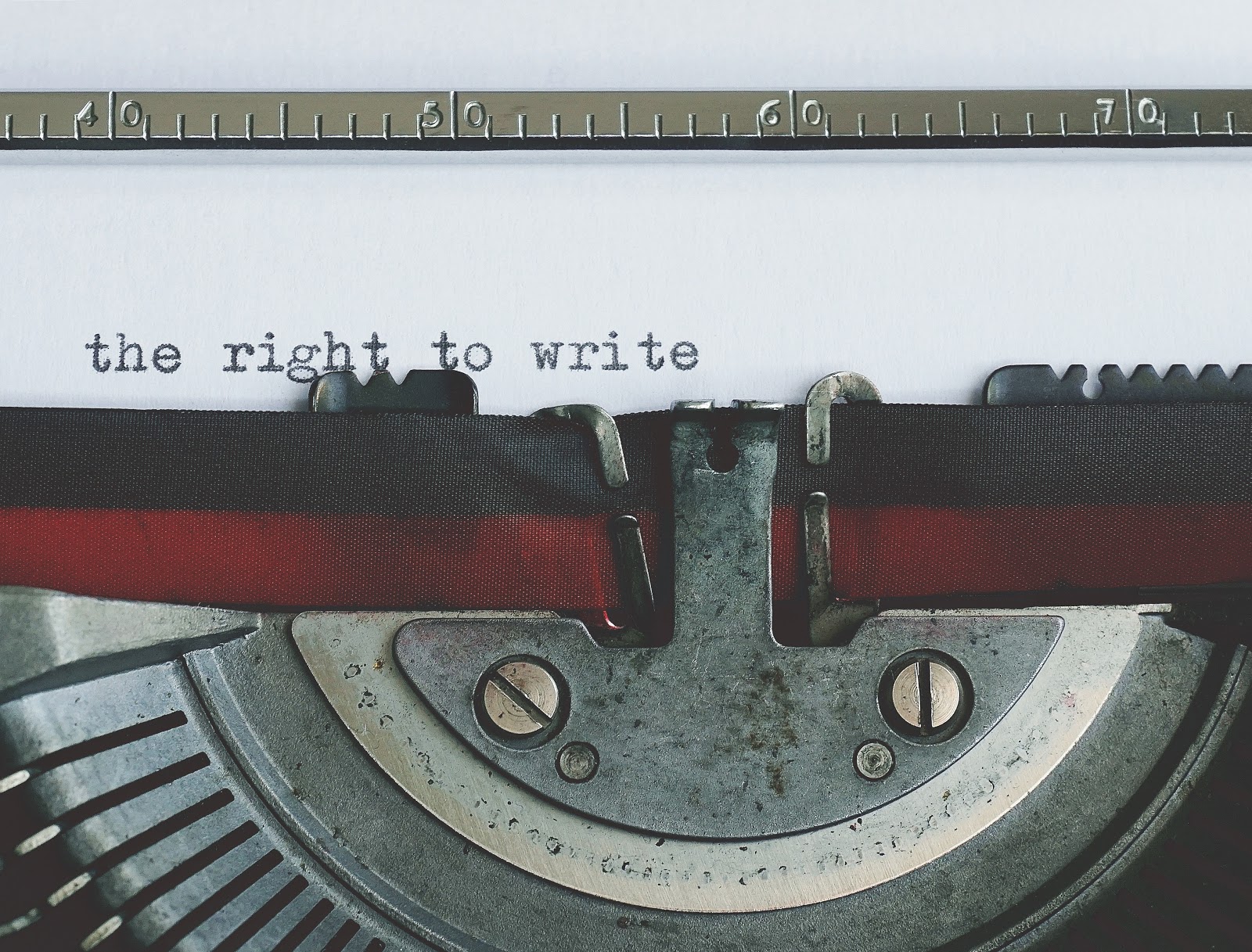It was stated in the Bill of Rights many years ago that Congress cannot prohibit free speech. This law applies to everything — from a conversation on the street to an article in the biggest newspaper — all in different ways. (Photo used by permission of Pexels)
The high court said this quote during the 1969 Tinker v. Des Moines Independent Community School District regarding the right for students to speak their minds in school.
Despite this statement, it is a common misconception in the world of education that a teacher or administrator does not have the right to override a student’s work in yearbooks or newspapers or other public forums– especially when the subject of the work is controversial. Many students have had their writing censored in the past.
Take Lily Meyer’s story for example. “I wrote about a protest I went to,” said Lily, a sophomore at Holly Springs High School via text. “Non-specific and vaguely written, there were no hurtful messages, no bias and no inappropriate messages. It was only described as a protest. I was told it was inappropriate and sensitive and not suitable for readers and the other group members.”
Other students in the past have dealt with the same issues Lily did.
In 1987, teachers at Hazelwood East high school told a group of students writing for the newspaper they were told they were not allowed to print an “article describing school students’ experiences with pregnancy and another article discussing the impact of divorce on students.”The student journalists sued the school to print their article and lost.
The Hazelwood v. Kuhlmeier court case established that a student’s rights “are not automatically coextensive with the rights of adults in other settings” meaning though students do have rights at school, they are not the same as those of an adult or even a student outside of the classroom.
The Hazelwood v. Kuhlmeier case also established that “ public school officials can censor school-sponsored student expression as long as they have a valid educational reason for doing so.” A few examples of these reasons are if an article is “ungrammatical, poorly written, inadequately researched, biased or prejudiced, vulgar or profane, or unsuitable for immature audiences.”
Due to the conclusions of the Hazelwood v. Kuhlmeier case in 1987 we now know students do not have true freedom of speech in schools. Teachers and administrators have the rights to censor any work a student creates for a public forum if it is deemed disruptive.
However, this does not mean that we as students should not continue to speak out on what is important outside of the classroom.

Hi! My name is Lauren! I’m President of the LRHS book club. Outside of school I’m a curler for Team Taylor and I like to rollerblade.
